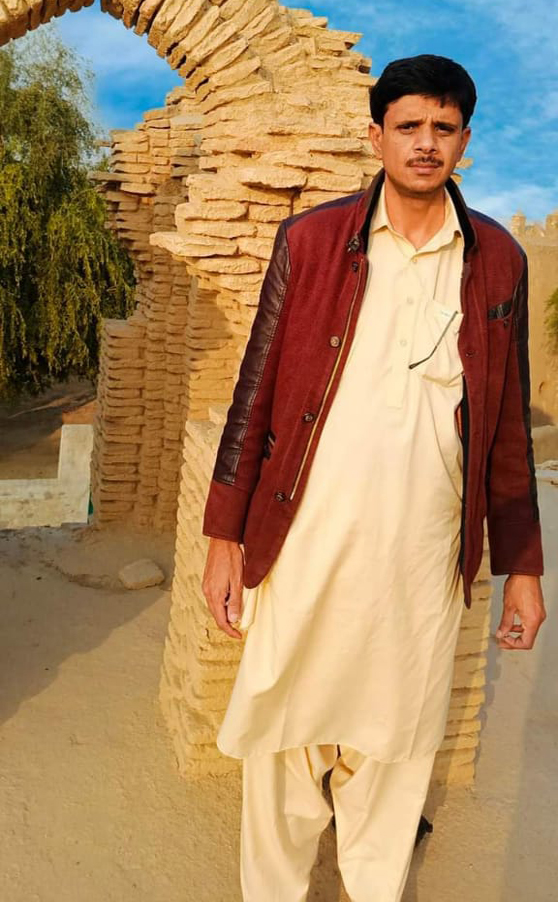ISLAMABAD: The judge of an anti-terrorism court (ATC) in PakistanÔÇÖs eastern city of Lahore this week ordered the release of former prime minister Imran KhanÔÇÖs top aide, Shah Mahmood Qureshi, a day after he was acquitted in cases related to the violent riots on May 9, 2023, in the eastern city.┬á
Qureshi, who served as foreign minister under KhanÔÇÖs government from 2018-2022, has been in custody since August 2023 after he was arrested over his alleged role in leaking the contents of a secret diplomatic cable. The Islamabad High Court set aside Khan and QureshiÔÇÖs convictions in the case in June 2024, according to which they were both serving 10 years in prison.┬á
Cases against the senior Pakistan Tehreek-e-Insaf (PTI) leader were also registered for his alleged involvement in the May 9 riots of 2023 involving an attack on the Shadman police station and the burning of police vehicles near Jinnah House in the eastern Pakistani city, as per local media reports. 
Scores of Khan supporters attacked government buildings and military installations nationwide in violent protests on May 9, 2023, after the former premier was briefly detained on corruption charges. The Lahore ATC held a hearing on two cases related to the May 9 riots on Monday, sentencing over a dozen PTI members to as much as 10 years in prison, which included top Khan aides. Qureshi was acquitted in both May 9 cases by the same court. 
ÔÇ£This is to authorize and require you, the said superintendent, to release the accused Shah Mahmood Qureshi, s/o Syed Sajjad Hussain, from this case forthwith if he is not required to you in any other case,ÔÇØ ATC Judge Manzer Ali Gill wrote in a letter to Kot Lakhpat JailÔÇÖs superintendent on Monday.┬á
Previously detained in RawalpindiÔÇÖs Adiala prison, Qureshi was moved last year to Kot Lakhpat jail in Lahore due to logistical reasons. The former foreign minister, like Khan, denies any wrongdoing in the charges leveled against him.┬á
While Qureshi was acquitted in both cases on Monday, the ATC sentenced PTI leaders Yasmin Rashid, Ejaz Chaudhry, Mahmood-ur-Rashid and Umar Sarfaraz Cheema to 10 years in prison. Two other PTI members, Aliya Hamza Malik and Sanam Javed, were sentenced to five years.
This was the third such verdict against members of KhanÔÇÖs party since July 22, when an ATC in Sargodha sentenced Ahmed Chattha, Bilal Ejaz and Punjab Assembly Opposition Leader Ahmed Khan Bachar to 10 years.
It was followed by the sentencing of 108 PTI members, including Omar Ayub Khan, Shibli Faraz, Hamid Raza and Zartaj Gul Wazir, to 10 years in prison by an ATC in Faisalabad on July 31.
Information Minister Attaullah Tarar had welcomed the courtÔÇÖs ruling last month, accusing PTI supporters of setting fire to government buildings, damaging military property and injuring law enforcement personnel during the May 9, 2023 unrest.
Meanwhile, PTI spokesperson Zulfikar Bukhari described MondayÔÇÖs sentencing of PTI leaders as a ÔÇ£flagrant travesty of justice.ÔÇØ
ÔÇ£It is unfortunate that transparency [was] set aside in these cases and the accused were not even given the opportunity to defend themselves,ÔÇØ Bukhari said in a statement on Monday.┬á
KhanÔÇÖs party denies encouraging the May 9 violence and has rejected the terrorism charges against its members. Khan says he was in jail when the protests took place and did not direct the violence. The party has said it would challenge the convictions in higher courts.



















